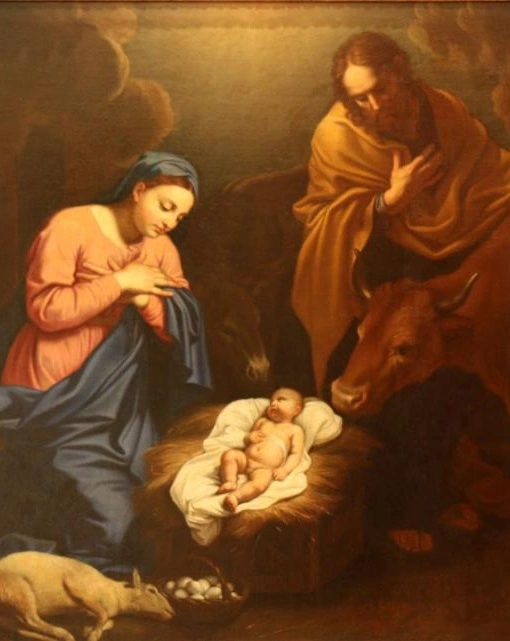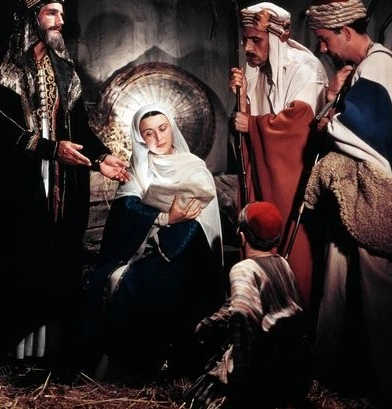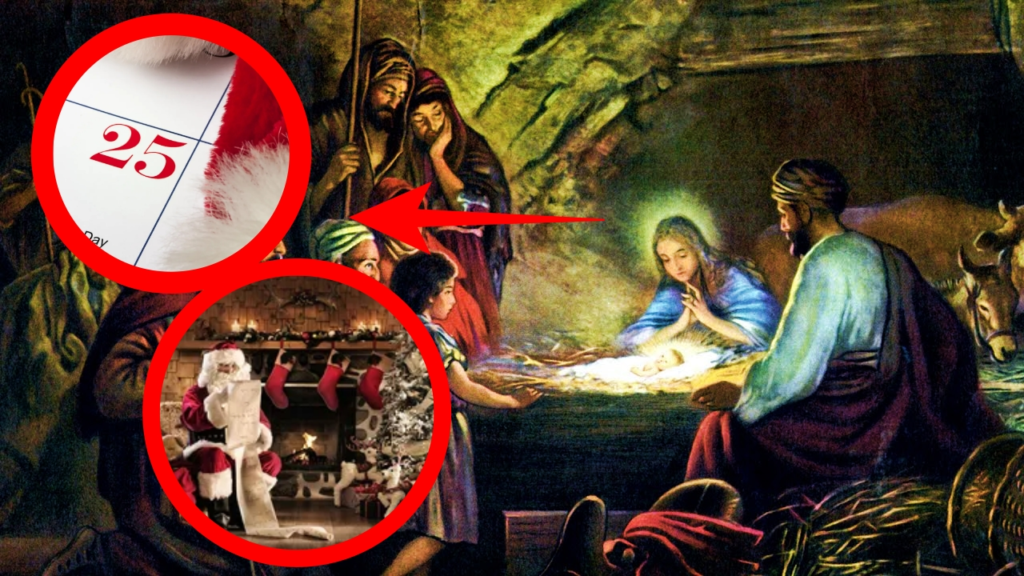Christmas, celebrated on December 25 each year, marks the birth of Jesus Christ, whom Christians believe to be the Son of God. Though the holiday has roots dating back to 336 AD in Rome, it didn’t become widely recognized as a Christian celebration until the ninth century.
Christmas is now both a religious and commercial event. Stores often offer discounts before and after the holiday, encouraging people to buy gifts for family and friends.
How Christmas Got Its Name?
The word “Christmas” comes from “Mass of Christ,” a church service dedicated to Jesus.
The term “Christ” is derived from the Greek word “Christos,” meaning “anointed one,” which in Hebrew is “Messiah.” In Judaism, the Messiah refers to the anticipated king who would deliver the Jewish nation.

Why December 25?
Several theories exist about why December 25 was chosen to celebrate Jesus’ birth. The most common belief is that this is the day when Mary gave birth to Jesus in Bethlehem.
The Bible narrates that Jesus was born in a stable because there was no room for Mary and Joseph to stay elsewhere. However, the exact date of Jesus’ birth is not mentioned in the Bible.
Herleik Baklid, a professor from the University of South-Eastern Norway, explains that the first Christmas celebrations in Rome happened between 350 and 360 AD.
During this time, December 25 was also a significant date for other religions in Rome, including the birthday of Mithra, the sun god. To compete with these religions, early Christians decided to celebrate Jesus’ birth on this date, a decision that proved to be very effective.

The first recorded celebration of December 25 as Jesus’ birthday occurred in 354 AD. By the fifth century, all Christians were celebrating Christmas on this date.
Baklid also notes that the Council of Nicaea in 325 AD played a role in establishing Christmas as a separate celebration from Epiphany, which was observed on January 6. Epiphany celebrated various events in Jesus’ life, such as his baptism and the miracle at the wedding in Cana.
However, the church felt that Jesus’ birth was not getting enough attention, leading to the establishment of Christmas on December 25.

Different Dates Considered
Brian Earl, host of the podcast “Christmas Past,” mentions that December 25 is recognized as the date of Jesus’ birth by most Christian denominations, except for the Armenian Church, which celebrates it on January 6.
Earl explains that early Christians proposed various dates for Christmas, including November 17 and December 18. However, after the Roman Empire ended its persecution of Christians in 313 AD, church leaders in Rome settled on December 25 for the Feast of the Nativity.
Some believe the date was chosen to align with or replace popular pagan celebrations like Saturnalia (December 17-24) and Sol Invictus (December 25). In some regions, Christmas is still celebrated on March 25, nine months before December 25.

This date is associated with the Annunciation, when Mary was told she would give birth to Jesus. March 25 is also linked to the belief that the world was created on this date and that Jesus died on this day as well.
Johnny specializes in content related to Jesus, the Bible, and religious topics. With a profound understanding of spirituality, Johnny’s articles are both insightful and inspiring, guiding readers through the complexities of faith.




